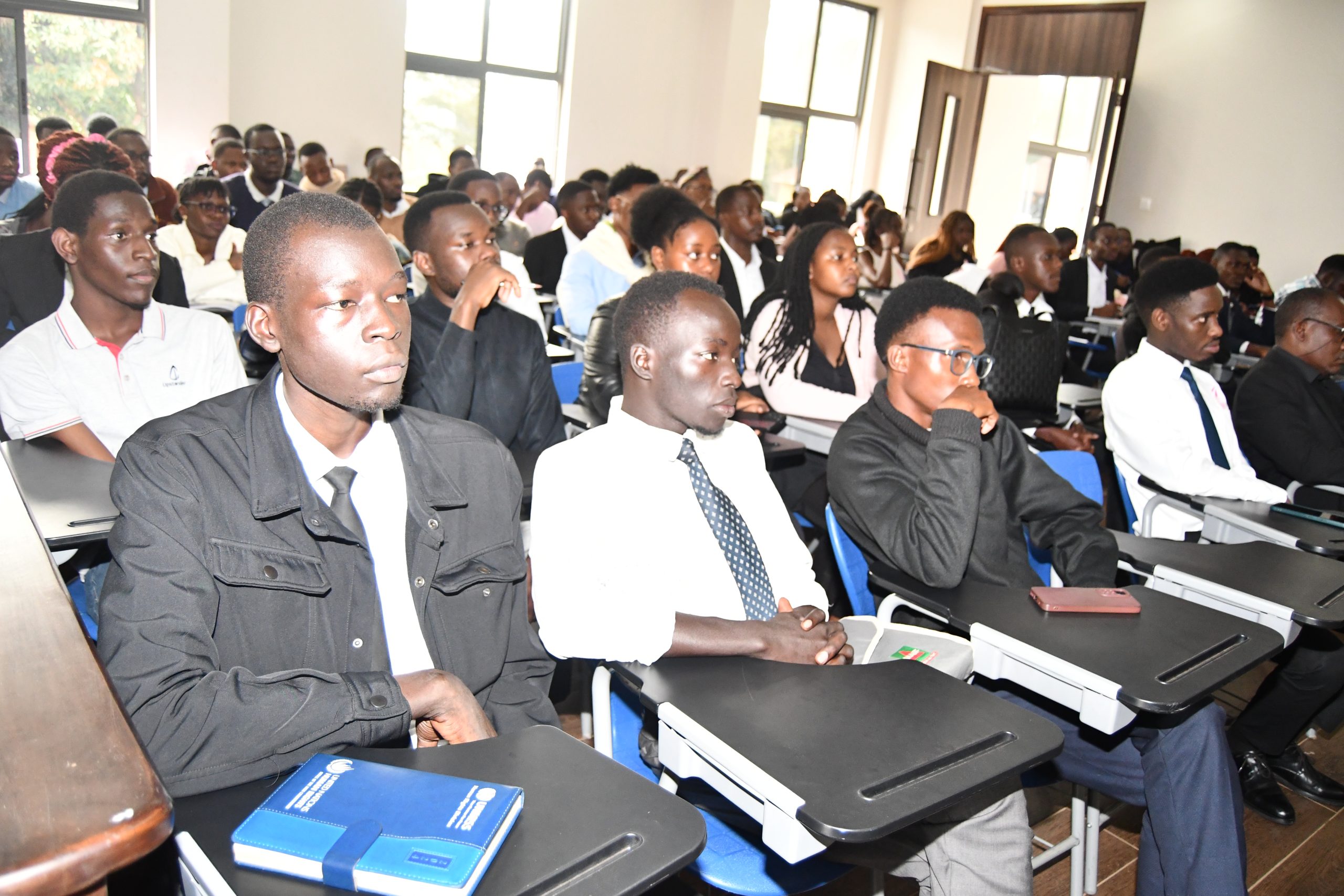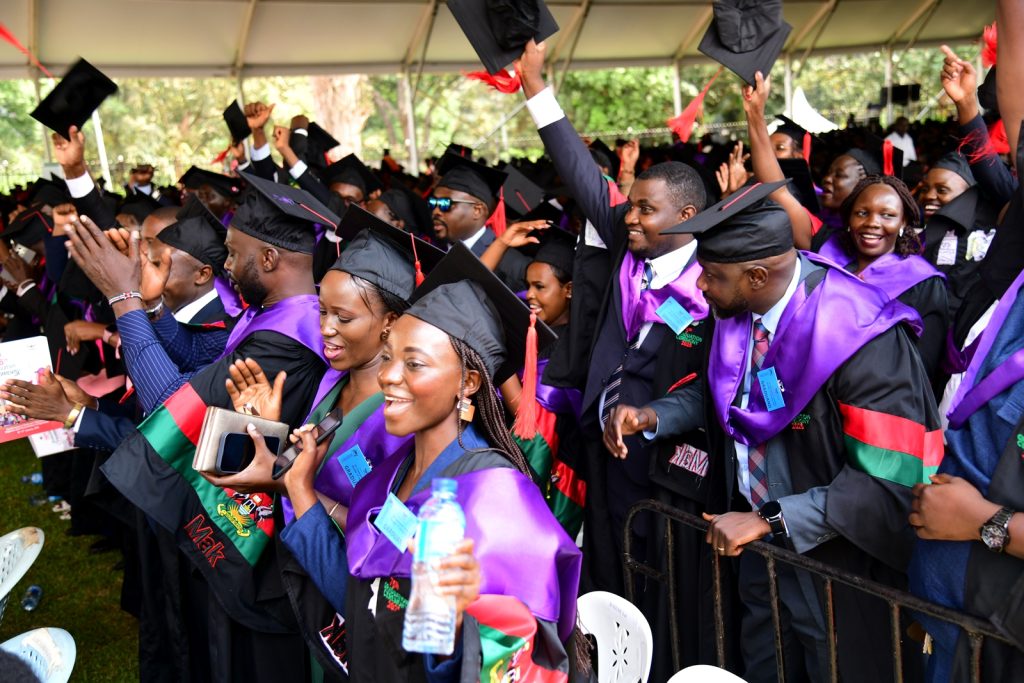Press Brief On The Uncertainity Surrounding The Voting Procedure

Introduction
The Network of Public Interest Lawyers (NETPIL) is concerned that a number of unanticipated developments regarding the voting procedures are likely to disenfranchise many voters. This arises from confusion surrounding what a voter needs to take part in the presidential, parliamentary and local government elections. It is now only seven (7) days to the Polling day for the Presidential and parliamentary positions. In spite of this, many Ugandans who intend to vote in the 2016 general elections, are not sure what form of identification will be required of them at the polling stations, to enable them cast a vote, for their candidate(s).
The Confusion
The messages coming from the Independent Electoral Commission (IEC) on this subject have been inconsistent and portray an unjustified change of positions. The messages have been as follows:
• Through a press release of 1st April 2015, the IEC decided to “retire” the National Voters Register which had been compiled and used in 2001 – for the general elections, 2005 – for the referendum, 2006 – for the general elections and in 2010 – for the 2011 general elections.
• In April 2015 therefore, the IEC commenced the process of compiling a new National Voters Register, which was based on data obtained by the Ministry of Internal Affairs for the purposes of ID issuance, data meant for another purpose altogether and over which the Commission had no control. During the time of registering for the National IDs, it was never indicated to the public that they were also registering as voters, in which case the IEC would have taken full charge of the process.
• At the time of nominating candidates for the Parliamentary elections, the IEC indicated that only persons with IDs would be allowed to contest in the elections, and those without, even if they were on the “Retired Register” would not be allowed to contest; Case in point is the incident involving Hon. Nobert Mao who was denied the opportunity to stand for Member of Parliament for Gulu Municipality.
• The media later quoted the Commission as saying that all people on the Voter’s Register would vote even when they did not posses National IDs. There has however since then been no deliberate and comprehensive country-wide campaign to sensitize the public on this.
• On Tuesday 19th January 2016, the IEC ambushed the public when it announced that it has secured Biometric Voter Verification System (BVVS) technology whose use would among others entail the issuance of Voter Location Slips (VLS) and that every voter would be required to have this slip before being allowed to vote at the polling station. This has caused a lot of confusion; not enough information has been availed on this to the public. If media reports are anything to go by, there are persons who have IDs but cannot trace their VLS, there are also those who have IDs but are not on the Register.
As NETPIL, it is our considered opinion that the compilation of a new National Voters Register and the abolition of the constitutionally established National Voters Register is illegal and therefore has no force of law. It is also our opinion that the IEC has overburdened voters with pre-requisites not provided for in the law, and even when the Commission has come out to explain some of these, this has not been done a comprehensive and country-wide manner. The effect is that many voters do not know with certainty what they require to exercise their right to vote, which is likely to disenfranchise many.
Form of identification for voting on polling day
Not only is the new National Voters Register unconstitutional, but it has led to a lack of clarity on what an intending voter is required to present to the polling officials on the 18th February, 2016 in order for the said person(s) to cast their vote. Is it any form of identification, National identity card, Voter Locator slip, and/or if your name and photograph appear on the New National Voters Register compiled by EC or by the National Security Information System (NSIS), a multi-sectoral government department under the hospices of the Ministry of Internal Affairs in 2015?
If indeed identification is by way of your name and photograph appearing in the new National Voters Register that was extracted from the National Identity Card Register, what is the likelihood that this is a clean National Voters’ Register devoid of underage voters, considering the National Identity Card registration captured data for persons below (18) eighteen years of age?
Way Forward
It is our considered view, as NETPIL, that the IEC should, as soon as possible clearly explain to the intending voters what form of identification will be required on polling day to ameliorate voter disfranchisement. This should be done in all local languages to avoid exclusion of the majority of Ugandan voters.
Conclusion
Any electoral management body that intends to conduct regular, free and fair general elections ought to interest itself in reducing and/or avoiding disfranchised voters because they are a potential source of electoral violence, with devastating consequences for the peace and security of a nation.
About the Network of Public Interest Lawyers
The Network of Public Interest Lawyers (NETPIL) is a loose network of persons (individuals, law firms and Civil Society Organisations) aiming at promoting public interest lawyering and the pro bono spirit in Uganda . The establishment of the Network was spearheaded by the Public Interest Law Clinic (PILAC) at Makerere University, School of Law to foster greater engagement of lawyers in public interest litigation and advocacy towards achieving social justice and greater protection of fundamental rights for all. The Network’s Vision is: A legal profession committed to serving the justice needs of society and its Mission is: To promote and strengthen public interest lawyering as a means to pursue social justice and the protection of human rights.
Arthur Nsereko
Co-ordinator NETWORK OF PUBLIC INTEREST LAWYERS (NETPIL)



